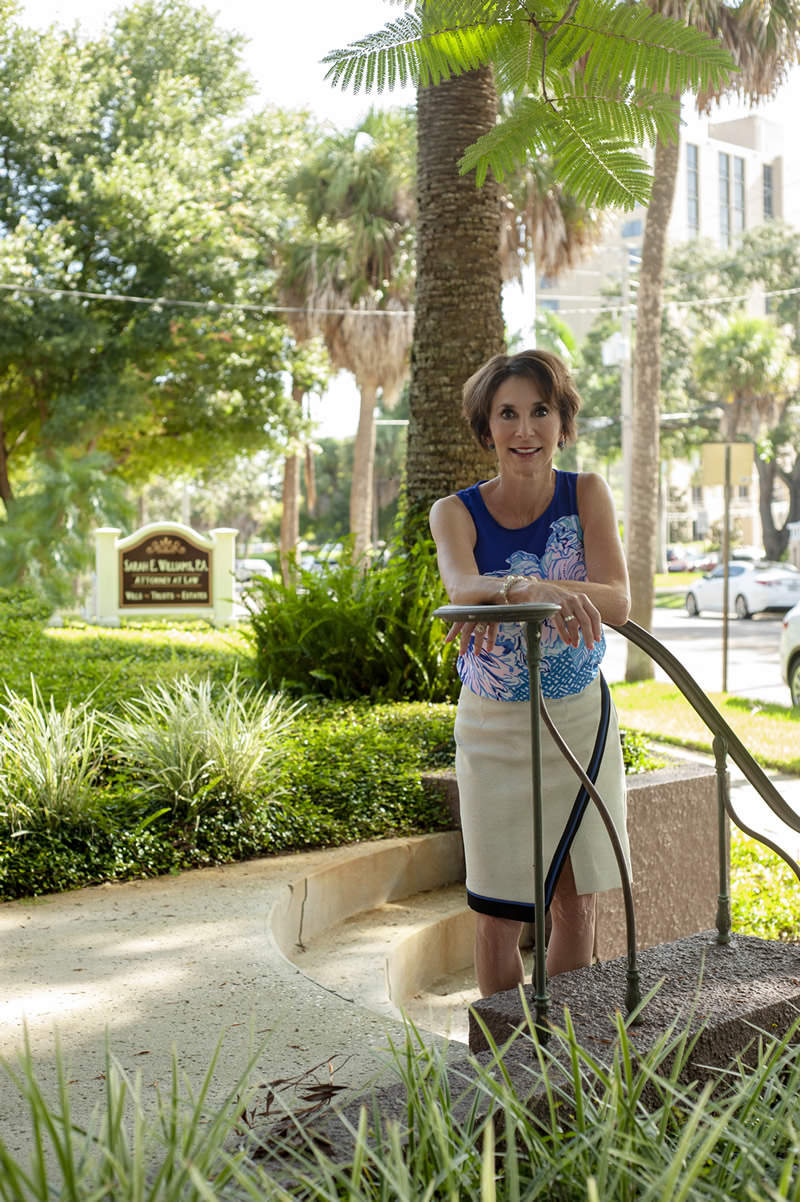We have experience working with clients during some of the most difficult times of their lives—the death of a beloved friend or family member. In many situations, whether there is a Will or not, an administration process, called Probate, may be necessary to pass the decedent’s assets on to their beneficiaries. Our practice is streamlined to make this process as efficient and straightforward as possible.


Probate Administration
There are two basic types of Probate/Estate administration in Florida:
Formal Administration
- Can be done with or without a Will.
- Is the most common form of Florida probate and involves the appointment of a Personal Representative(s) and issuance of Letters of Administration.
- Must be used when the decedent (person who has passed away) has been dead less than 2 years AND the estate’s assets are greater than $75,000, not including the primary residence.
- Must be used when the Will includes a provision requiring it.
- Should be used when the estate owes money to creditors and/or there are special circumstances involving heirs.
- Should be used if the estate is involved in a lawsuit.
Summary Administration
- Can be done with or without a Will.
- Can be done if the entire estate is worth less than $75,000, not including the primary residence.
- Can be done regardless of the size of the estate if the decedent (person who has passed away) has been dead for at least 2 years.
- Can be done if the Will does not include a provision requiring formal administration.
- Does not involve the use of an appointed Personal Representative and Letters of Administration.
- Transfers title to real property and other assets directly into the names of the beneficiaries pursuant to an Order signed by the Probate Judge.
- Is an ‘abbreviated’ form of probate and is typically completed much faster than a formal administration; however, the Summary Administration is typically not the best choice when the decedent has a lot of creditors.
Trust Administration
If an individual dies and all of his/her assets have been previously titled in the name of his/her Revocable Trust, no probate will be necessary to distribute the assets to the beneficiaries. Although probate is not required for trust assets, there are many rules requiring the trustee to complete certain requirements following death. It is advisable to contact an attorney to assist you if you are serving as the Trustee of a decedent’s trust to assure that you are complying with all of your duties.

